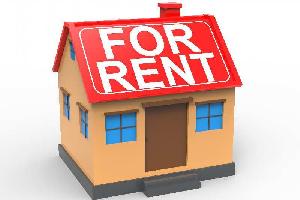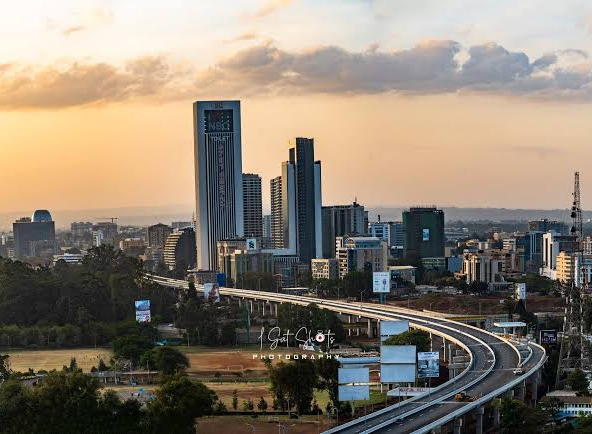🏡 Effective Property Managementin Kenya:
Best Practices for Landlords
Managing rental properties in Kenya involves more than just collecting rent. Effective Property Management in Kenya requires a proactive approach to ensure tenant satisfaction, legal compliance, and optimal returns on investment. Whether you’re a seasoned investor or a first-time landlord, understanding the nuances of property management is crucial.
1. Thorough Tenant Screening
Selecting the right tenants is the foundation of successful property management. Conduct comprehensive background checks, including:
- Credit History: Assess the tenant’s financial responsibility.
- Employment Verification: Ensure stable income to meet rental obligations.
- Previous Landlord References: Gain insights into past rental behavior.
- Criminal Background Check: Ensure safety and security for all residents.
- Implementing a stringent screening process helps mitigate risks and fosters a harmonious landlord-tenant relationship.
2. Clear Communication Channels
Establishing open and transparent communication with tenants is vital. Provide multiple contact options such as phone, email, and messaging platforms like WhatsApp. Address concerns promptly and maintain a professional demeanor to build trust and encourage long-term tenancies.
3. Regular Property Maintenance
Regular inspections and timely maintenance are essential to preserve property value and tenant satisfaction. Develop a maintenance schedule that includes:
- Quarterly property inspections.
- Annual painting and deep cleaning.
- Routine checks of plumbing and electrical systems.
- Pest control measures.
In Nairobi’s climate, special attention should be given to roof maintenance before the rainy seasons to prevent leaks and water damage.
4. Efficient Rent Collection
Implementing a reliable rent collection system ensures consistent cash flow. Utilize online payment platforms, mobile money transfers, and traditional channels. Set clear payment deadlines and communicate any late fees or penalties in advance. Automated reminders can help tenants stay informed about upcoming dues.
5. Legal Compliance and Documentation
Adhering to Kenyan laws and regulations is crucial to avoid legal disputes. Ensure properties comply with zoning laws and building codes. Maintain proper documentation, including lease agreements, receipts, and communication records. Stay informed about tenant rights and obligations under the Landlord and Tenant Act and the Rent Restriction Act.
6. Professional Property Management Service
For landlords with multiple properties or limited time, outsourcing property management can be beneficial. Professional property managers handle:
- Tenant screening and placement.
- Rent collection and financial reporting.
- Maintenance and repairs.
- Legal compliance and dispute resolution.
Fees typically range from 8% to 12% of the monthly rental income, depending on the scope of services provided.
7. Embracing Technology in Property Management
Adopting digital tools can streamline property management tasks. Cloud-based management systems allow for:
- Remote access to property information.
- Centralized data storage.
- Efficient communication with tenants.
Implementing such systems enhances operational efficiency and tenant satisfaction.
🏁 Final Thoughts
Effective property management in Kenya requires a balanced approach that combines legal knowledge, proactive maintenance, clear communication, and the strategic use of technology. By implementing these best practices, landlords can enhance tenant satisfaction, ensure legal compliance, and maximize the profitability of their investments.
If you need assistance with property management services or have further questions, feel free to contact us at Amali Properties. We’re here to help you navigate the complexities of property management in Kenya.




